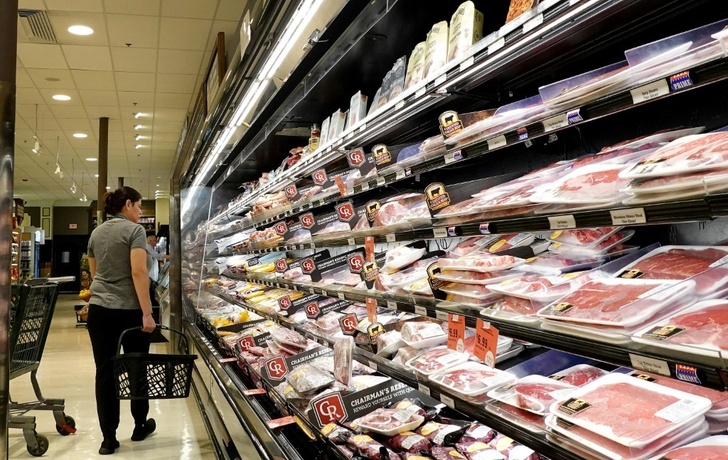Asian markets struggled Monday and the dollar held big gains as a blockbuster US jobs report ramped up bets that the Federal Reserve will announce more sharp interest rate hikes as it tries to tame runaway inflation.
While the employment reading -- which was more than twice as high as expected -- indicated the world's top economy remained resilient despite rising prices and borrowing costs, it will complicate the bank's plans to tighten monetary policy.
Traders have hoped that with several indicators pointing to a slowdown, including GDP figures showing a technical recession, policymakers could begin to ease back on their pace of rate hikes.
Now, speculation is growing that the Fed will have to announce a third successive 75 basis-point increase next month, particularly as officials have said their decisions will be data-dependent.
"Friday's payroll report indicates an overheated labour market that continues to tighten further," said SPI Asset Management's Stephen Innes.
"Hence at minimum, the markets expect another 100 basis points of Fed funds rate increases over the next three meetings... with risks skewed towards significant increases."
All eyes are now on the release this week of US July inflation data, which is expected to show a slight slowdown from June but still at four-decade highs.
The "report seems very unlikely to offer 'compelling evidence' of a slowdown needed for the Fed to pull away from its aggressive inflation-fighting mode." Innes added.
The jobs figures left Wall Street's main indexes mixed Friday, and Asia followed suit with markets fluctuating in early trade.
However, there was some relief that tensions had calmed since Nancy Pelosi's visit to Taiwan last week sparked a furious reaction from China that saw it conduct days of live-fire military drills around the island.
Hong Kong dipped along with Sydney, Seoul, Singapore, Taipei, Manila, Jakarta and Wellington.
Tokyo edged up and Shanghai was flat, with better-than-expected Chinese trade data offset by fresh worries about Covid lockdowns in the country that threaten the economic recovery.
The prospect of higher interest rates sent the dollar surging, and it held on to those gains in Asia.
Bets on a recession across leading economies continued to weigh on oil prices as investors worry about the impact on demand -- figures last week indicated Americans were driving less now than in summer 2020 at the height of the pandemic.
A rise in US stockpiles was partly responsible for a 10 percent drop in the commodity last week, pushing WTI below $90 for the first time since February.
Both main contracts have lost all the gains seen in the wake of Vladimir Putin's invasion of Ukraine, which led the United States and Europe to ban imports of Russian crude, hammering already thin supplies.
- Key figures at around 0230 GMT -
Tokyo - Nikkei 225: UP 0.2 percent at 28,241.09 (break)
Hong Kong - Hang Seng Index: DOWN 0.6 percent at 20,072.68
Shanghai - Composite: FLAT at 3,227.00
Euro/dollar: DOWN at $1.0181 from $1.0184 Friday
Pound/dollar: DOWN at $1.2071 from $1.2075
Euro/pound: UP at 84.35 pence from 84.32 pence
Dollar/yen: UP at 135.32 yen from 135.00 yen
West Texas Intermediate: DOWN 0.2 percent at $88.87 per barrel
Brent North Sea crude: DOWN 0.3 percent at $94.68 per barrel
New York - Dow: UP 0.2 percent at 32,803.47 (close)
London - FTSE 100: DOWN 0.1 percent at 7,439.74 (close)
dan/mtp
© Agence France-Presse
Your content is great. However, if any of the content contained herein violates any rights of yours, including those of copyright, please contact us immediately by e-mail at media[@]kissrpr.com.
Source: Story.KISSPR.com

